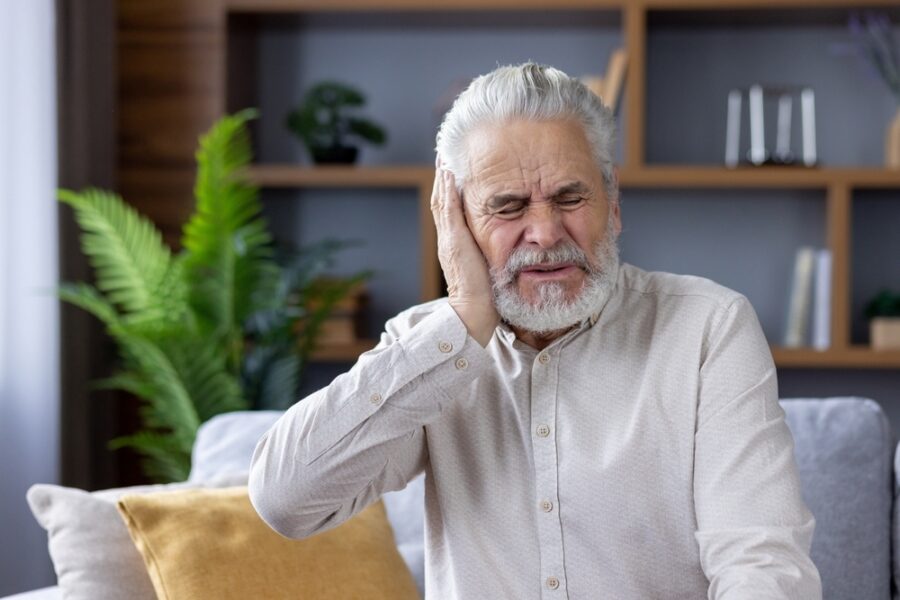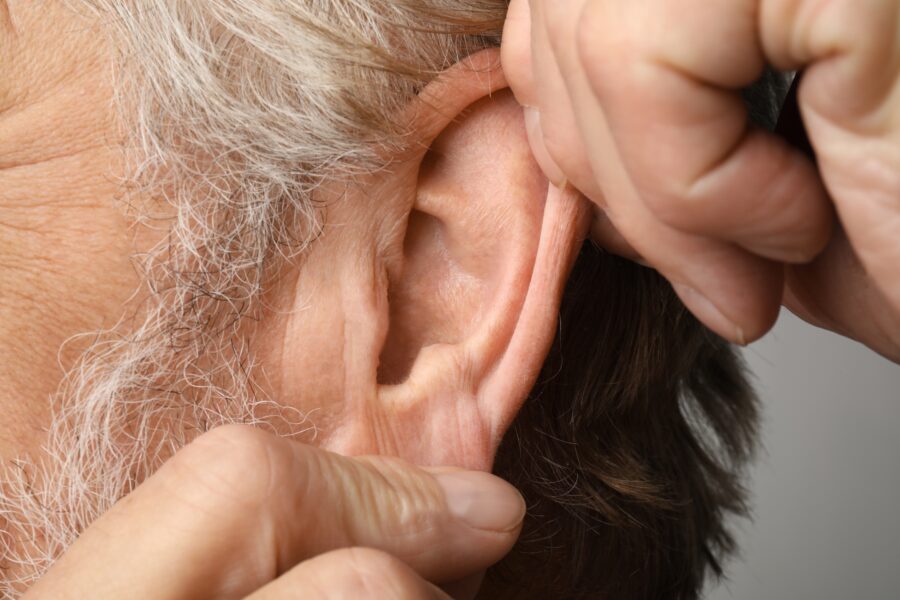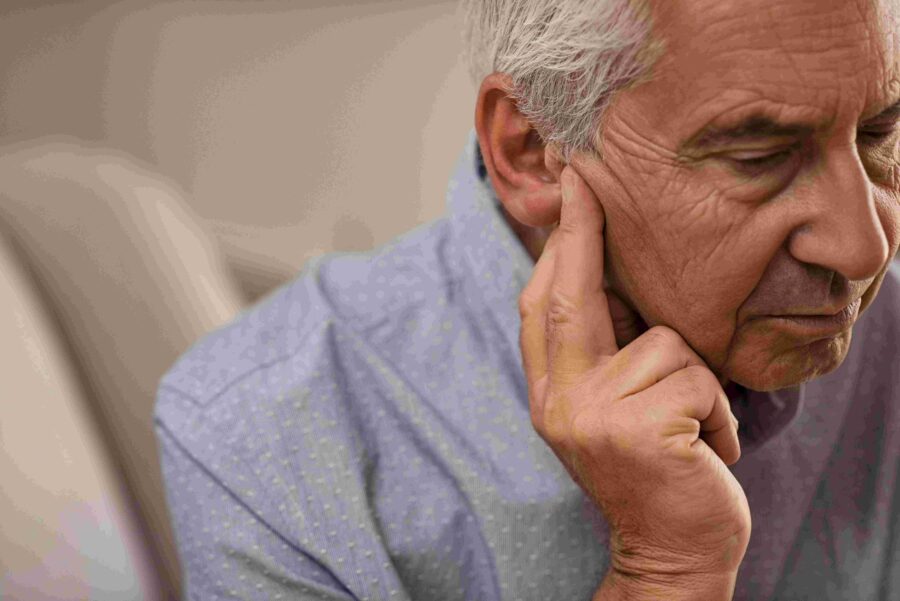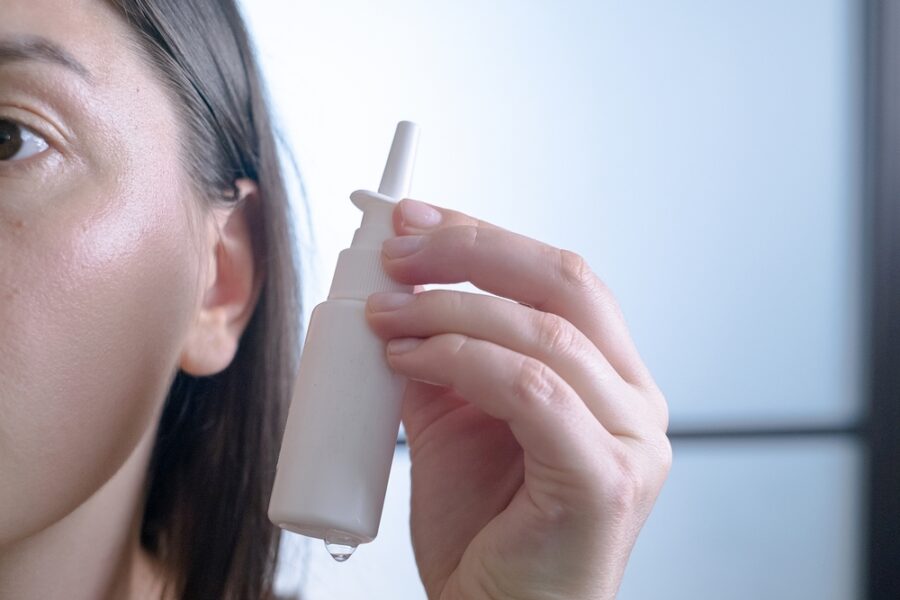Blog post
Perforated Ear Drum: Symptoms, Treatments, Risks and Causes
What is a perforated eardrum?
A perforated eardrum occurs when there is a hole or a tear within the eardrum (tympanic membrane). The eardrum itself is a thin layer of tissue that separates the outer ear from the middle ear and plays a crucial role in transmitting sound waves. When damaged, it can affect your hearing and increase the risk of infection.

What are the causes of a perforated eardrum?
There are several reasons why an eardrum may rupture and have a tear, with the main ones including:
- Infections: An infection within your middle ear can cause a build up of pus and fluid – this can result in increased pressure levels until the eardrum bursts.
- Injury: Objects - such as cotton buds or fingernails - inserted into the eardrum can cause a tear.
- Trauma: A direct blow to the ear, such as during contact sports, can damage the eardrum.
- Barotrauma: Rapid changes in air pressure can cause a tear, such as flying in an aeroplane or being deep underwater.
- Acoustic Trauma: A sudden loud noise (such as a firework or explosion) can create a soundwave strong enough to cause a rupture to the eardrum.
- Medical procedure: In rare cases, errors during ear-related procedures, such as wax removal, can accidentally damage the eardrum.

What are the symptoms of a perforated eardrum?
There are many symptoms of a perforated eardrum, ranging from mild to severe, however, the severity depends on the size and cause of the rupture. The most common symptoms include:
- Ear pain
- Hearing loss
- Discharge from the ear
- Tinnitus (ringing sounds in the ear)

What are the treatments for a perforated eardrum?
In most cases, a perforated eardrum heals on its own after a few weeks. However, treatment may be required in certain scenarios. Treatment solutions include:
- Home care: Keeping your ears dry will mitigate certain symptoms. Avoiding any swimming activities or getting water into your ear, such as using a shower cap whilst bathing. Avoid any invasive ear products such as cotton buds, to avoid tearing the eardrum anymore. Lastly, over-the-counter medications such as ibuprofen may be able to relieve pain.
- Medical treatments: If infection is the cause of the rupture, medical professionals may prescribe antibiotics to help fight the infection. In worst case scenarios, medical intervention is needed, and surgical repair (myringoplasty) is chosen. This is where a small piece of skin is grafted over the tear/hole.

How do I prevent a perforated eardrum?
To reduce the risk of eardrum damage, follow these preventive measures:
- Manage ear infections promptly – Use medications or ear drops as recommended by a healthcare professional to prevent fluid build-up.
- Avoid inserting objects into your ear – Use alternative ear-cleaning methods, such as ear wax removal drops, instead of cotton buds.
- Protect your ears during high-risk activities – When engaging in contact sports, wear protective headgear (e.g. a scrum cap in rugby).
- Be cautious with pressure changes – When flying or diving, try yawning, swallowing or using the Valsalva manoeuvre to equalise ear pressure.
A perforated eardrum can be an uncomfortable and sometimes concerning condition, but with the right care and precautions, it can usually heal without long-term complications. If you suspect you have a perforated eardrum, consult a healthcare professional for advice and appropriate treatment.


By Ian McKendrick - Audiology Clinical Lead Post last updated 4th November 2025
An audiological career spanning over 30 years, Ian joined OutsideClinic in 2014 from the NHS

